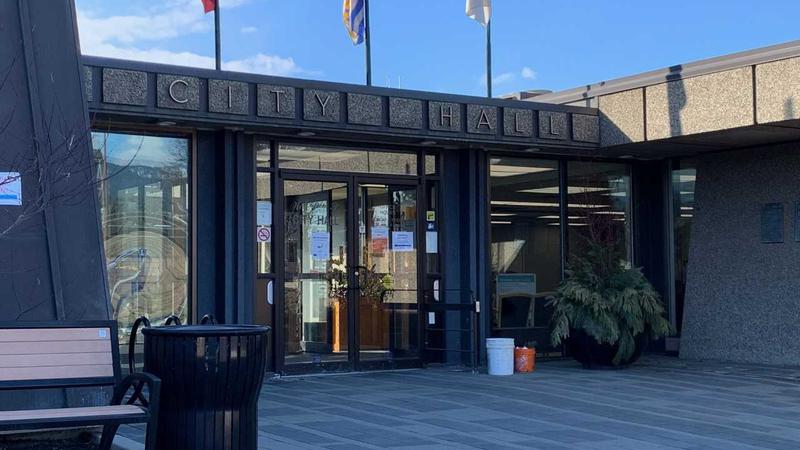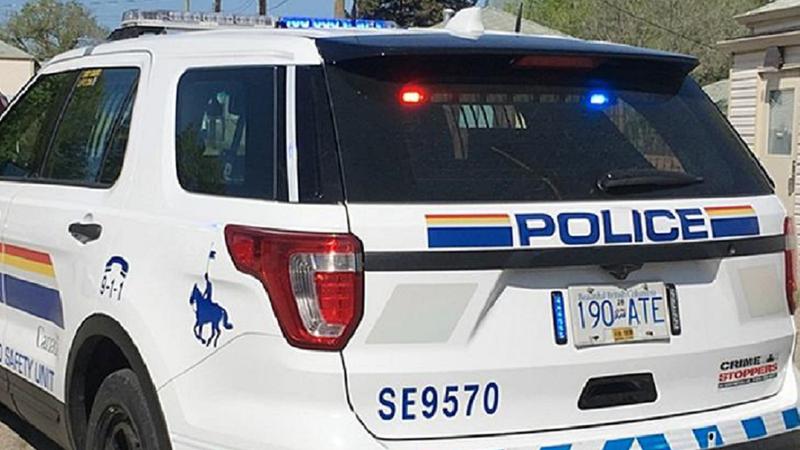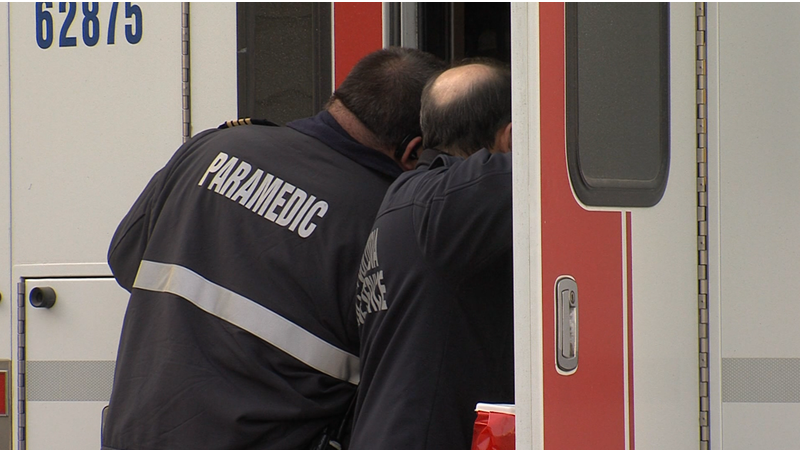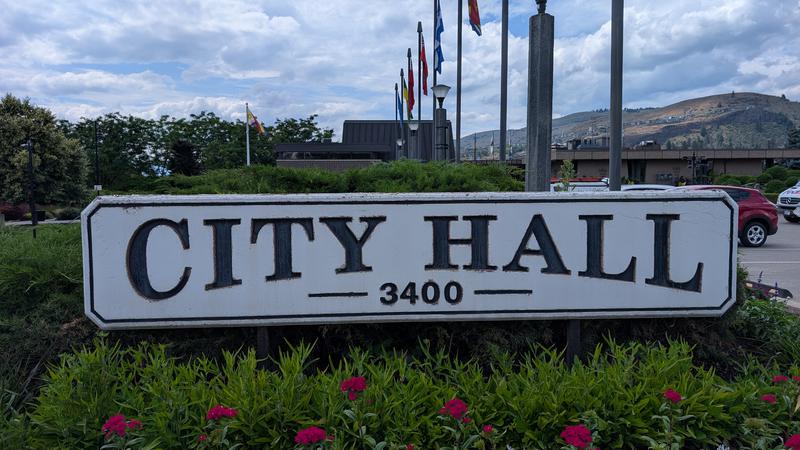
Expect less Okanagan fruit for sale this summer – and higher prices
You won’t see any peaches, apricots or nectarines from the Okanagan on store shelves this summer, but growers in Washington state will pick up some of that market.
Some cherries from the valley will be available, but consumers will have to be prepared to pay more.
Lake Country growing legend Alan Gatzke — who runs the family-owned Gatzke Orchards — called it “another challenging year, but not the worst.”
He said the damage was caused by a cold snap in January which wiped out most of the buds on stone-fruit trees throughout the Okanagan.













